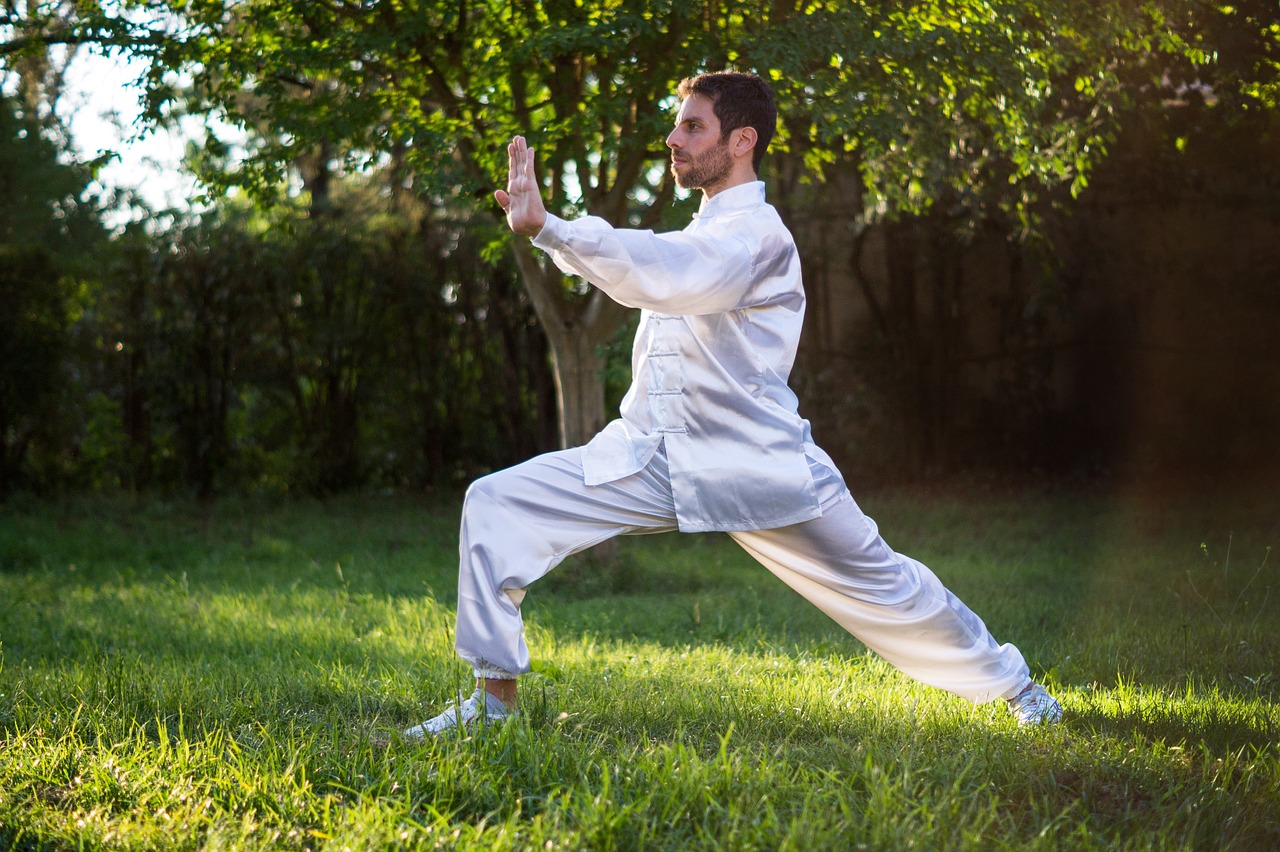A groundbreaking study from China’s top public hospitals reveals the heart-healthy benefits of tai chi, the ancient Chinese practice known for its gentle movements and deep breathing techniques. Scheduled for publication in JAMA Cardiology, the research underscores tai chi’s potential to lower blood pressure and, by extension, reduce the risk of heart disease—a leading killer in the U.S., as reported by the Centers for Disease Control and Prevention.
Given the prevalence of prehypertension—blood pressure that’s elevated but not yet in the high range—tackling these levels early is key to warding off full-blown hypertension and its associated heart health dangers. Prehypertension is defined by a systolic blood pressure between 120 to 139 mm Hg or a diastolic pressure between 80 to 89 mm Hg, a condition affecting many adults.
Dive into the insights from this study to see how tai chi might just be the heart-helping activity you’ve been looking for.

Discoveries from the Research
Between July 2019 and January 2022, researchers at two major hospitals in China embarked on a study comparing tai chi to aerobic exercise for their effects on lowering blood pressure. Involving 342 adults aged 18 to 65 with prehypertension, the study divided participants equally into tai chi and aerobic exercise groups, guiding them through four 60-minute sessions per week over 12 months.
The findings were enlightening: those practicing tai chi saw a more significant drop in systolic blood pressure than their aerobic-exercising peers. This indicates tai chi’s unique advantage in managing blood pressure effectively.
Halfway through the study, tai chi participants not only had lower overall blood pressure but also showed greater reductions during 24-hour and nighttime measurements. The calming, meditative elements of tai chi, alongside its fluid movements, are thought to ease the stress-response system and improve blood flow and vessel function, thereby aiding blood pressure control.
These results point to tai chi as possibly being more beneficial than traditional exercises in bolstering heart health and mitigating stress factors that contribute to hypertension. Adopting tai chi could serve as a comprehensive approach to managing blood pressure and preventing the risks associated with heart disease.
Takeaway
This latest research from China highlights how regular tai chi practice—four sessions weekly—can significantly impact blood pressure and overall cardiovascular health. While there’s no universal solution for managing blood pressure, tai chi presents a promising, holistic option for those looking to enhance their heart health. Before jumping into any new routine, however, it’s wise to consult with your healthcare provider to ensure it’s the right fit for your health needs.
Embrace the calming flow of tai chi and take a step towards a healthier heart and a reduced risk of cardiovascular disease.